The term Spiritual Formation may seem deep and mystical. Perhaps it is intimidating. The truth is … it’s simple. It’s not easy, but it is simple.
In its most basic form, spiritual formation is the process of cultivating and growing in a loving relationship with God.
Let’s take an analogy from our human existence. Unless you were hatched, you have a set of parents. Even if you have never met your biological parents, they still exist, or did when you were conceived. You cannot change that relationship. You are a child and they are your parents, no matter what you do.
However, simply being born to a set of parents does not mean that the quality of your relationship is any good. If your biological parents are not in the picture, then it is possible to be adopted by another parent, or set of parents or caregivers. In fact, it is vital for the healthy development of a child to be in a positive, life-giving relationship with a nurturing adult.
Let me acknowledge the fact that this can be a difficult metaphor for people who had difficult or abusive relationships with the adults who were supposed to care for them during their childhood. Stick with me …
What does it take to have a good, loving, growing, life-giving exchange with your adult caregiver? It takes time, effort, commitment, communication, proximity, authenticity, vulnerability, courage, etc. If you don’t work on the relationship, it will get stagnant and possibly die.
Here’s the good news. God is our Father/Mother, our creator. God’s part of the relationship is constant. God loves you, longs for you, and continually pours out life-giving love to you every moment of your life, regardless of how you respond.
The question is: how much effort do you put into your side of the relationship? Do you take it for granted and ignore it, or do you pursue it with passion?
Why is this important? Not to be too overly dramatic, but the fate of the planet depends on it.
When we ignore our relationship with God, or even worse, reject it, then we turn to all that is left—our self. The true self that is God’s beloved child becomes encrusted and imprisoned by the growing false self. The false self manifests differently for each of us. Some stumble into the darkness of self-exaltation, others into self-protection, others into self-indulgence, or many into self-loathing. All of these versions of the false self—the bondage of sin and death—always lead to some form of hatred, violence, and destruction.
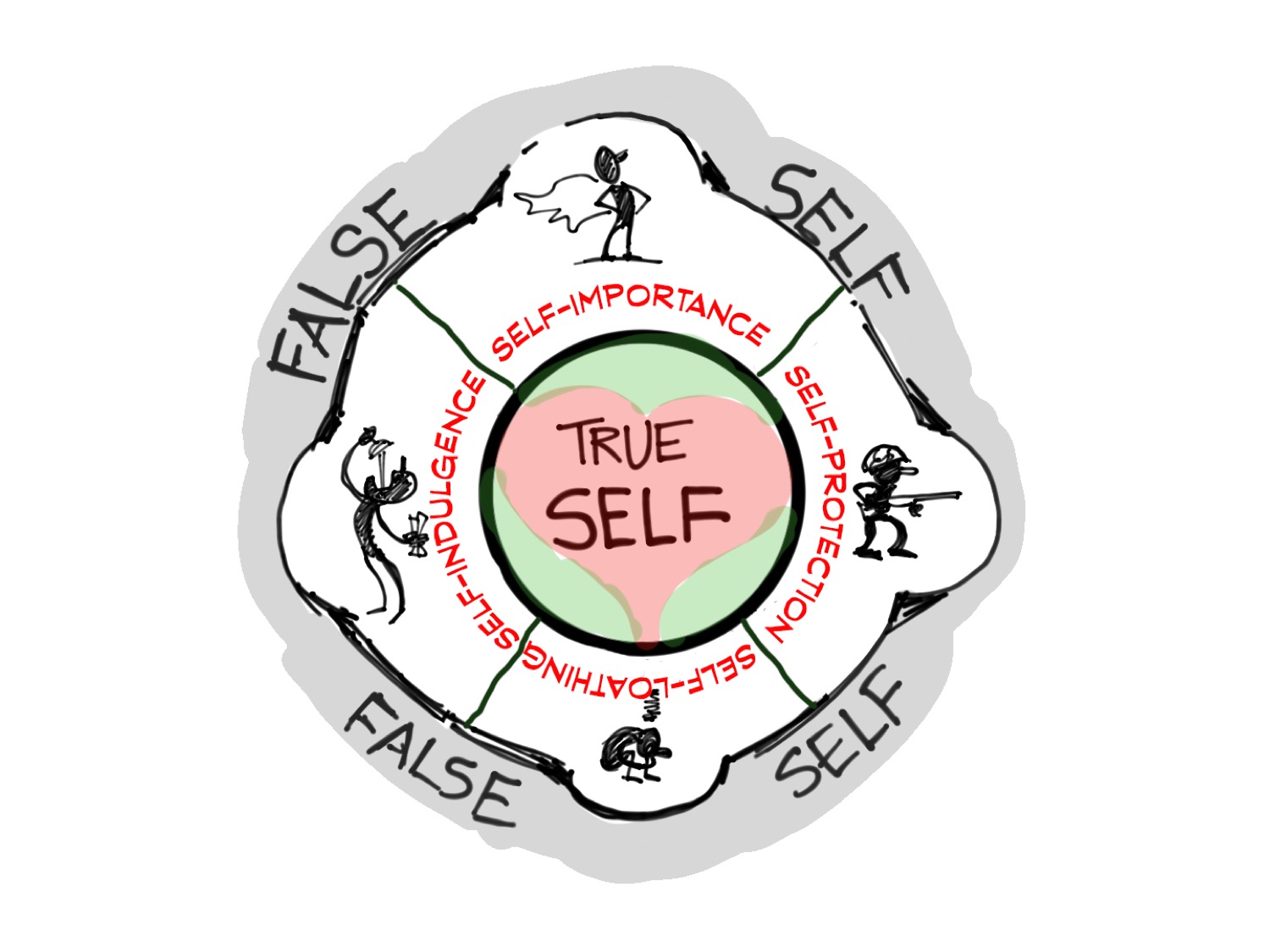
Here’s the good news, again. Jesus came to show us a different way. In our baptism we enter into Jesus’ life, death, and resurrection where he conquered sin and death and we rise with him to walk in new life. (Romans 6:4)
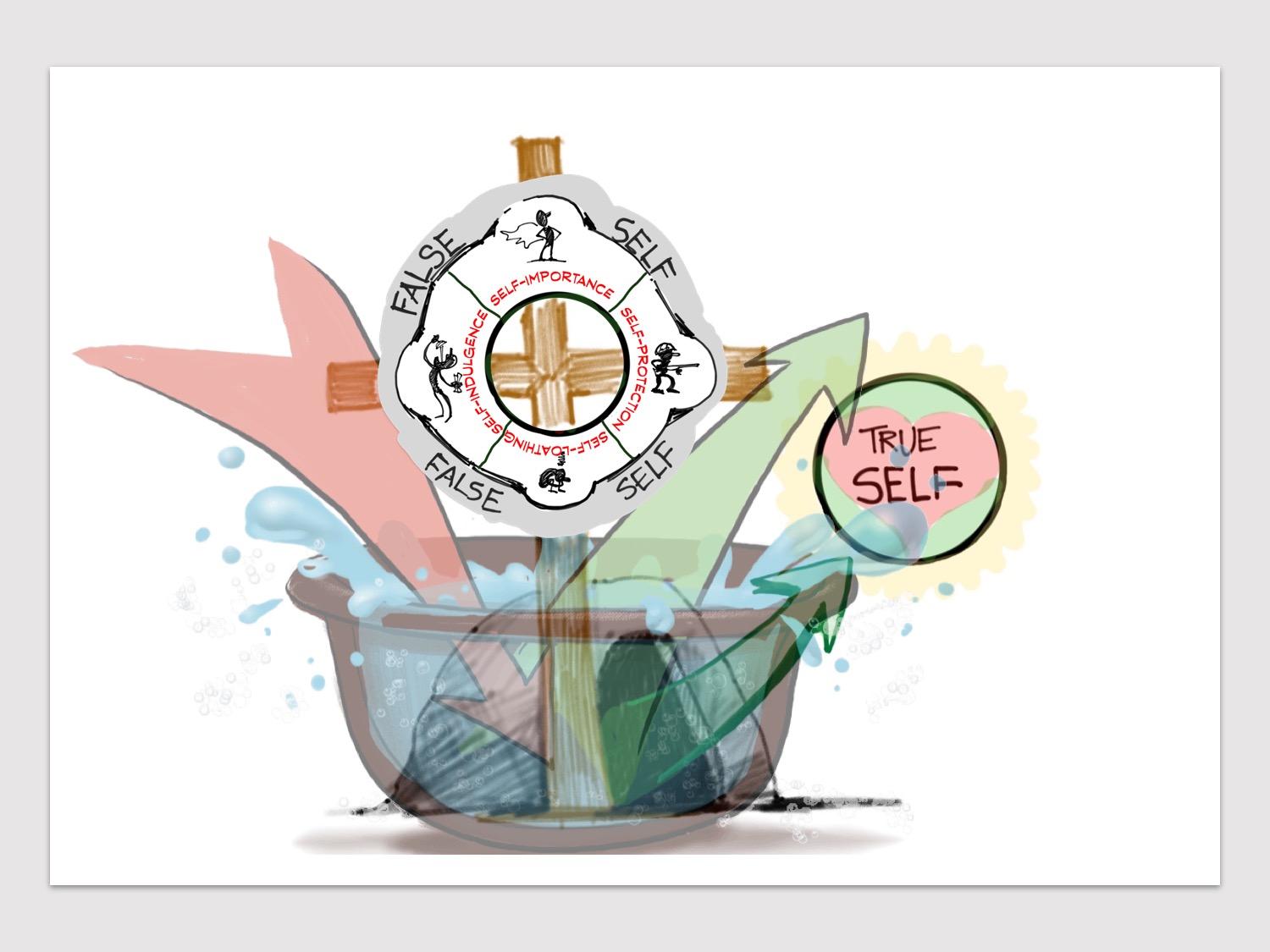
If everyone on the planet was passionately seeking an authentic relationship with God, then we would be transformed by the life-giving love of God from the inside out and overflow God’s love to everyone around us. Imagine what would happen if everyone did this? There is a simple word for it—Peace. Peace on Earth, good will toward humankind. That’s good news, don’t you think?
Jesus put it this way when he was teaching his disciples in John 15. He said, “I am the vine and you are the branches. Remain in me, and I will remain in you and you will bear much fruit.”
This image sums up what I think Jesus was saying in this passage.
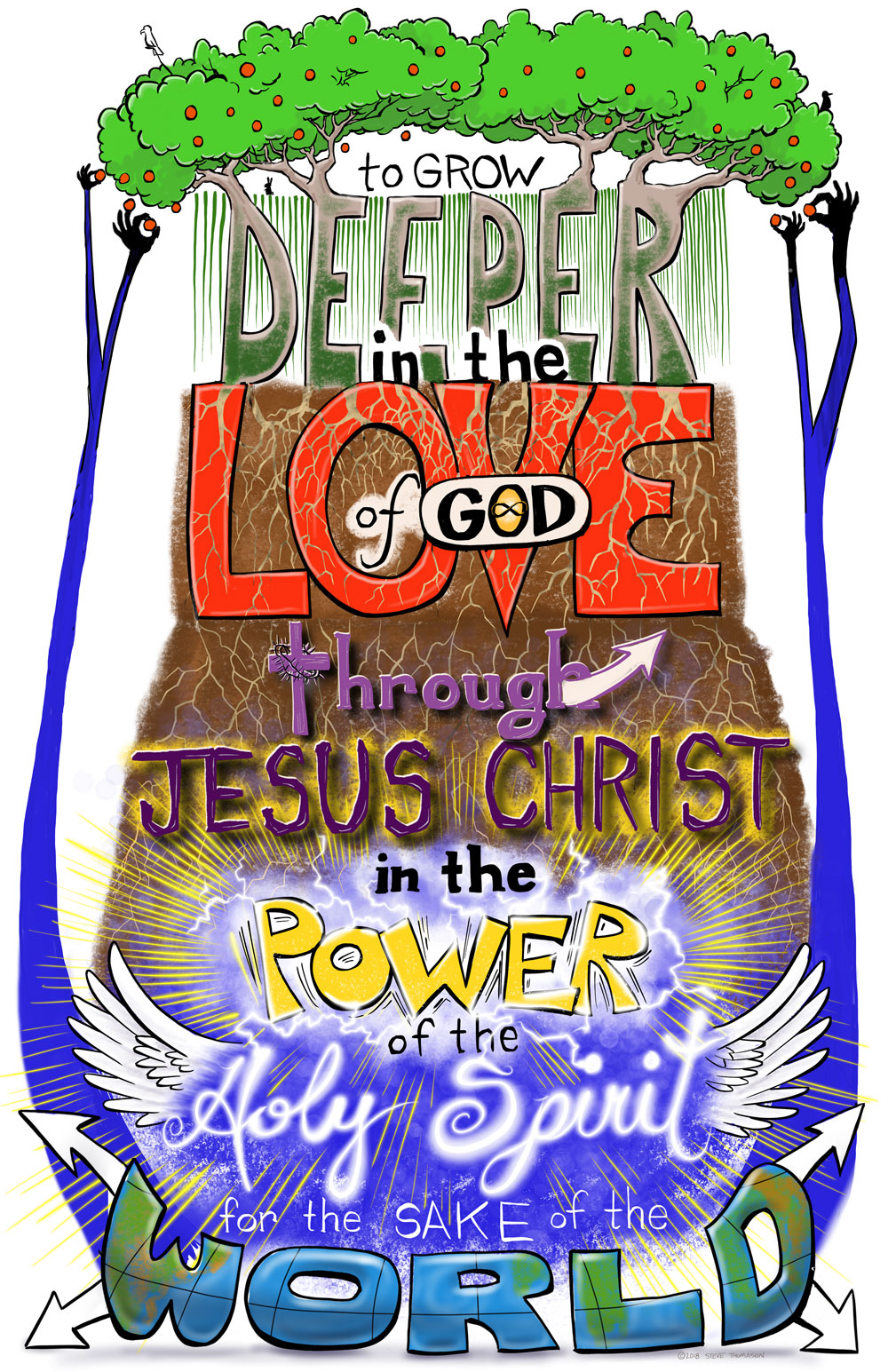
Let’s break this image down.
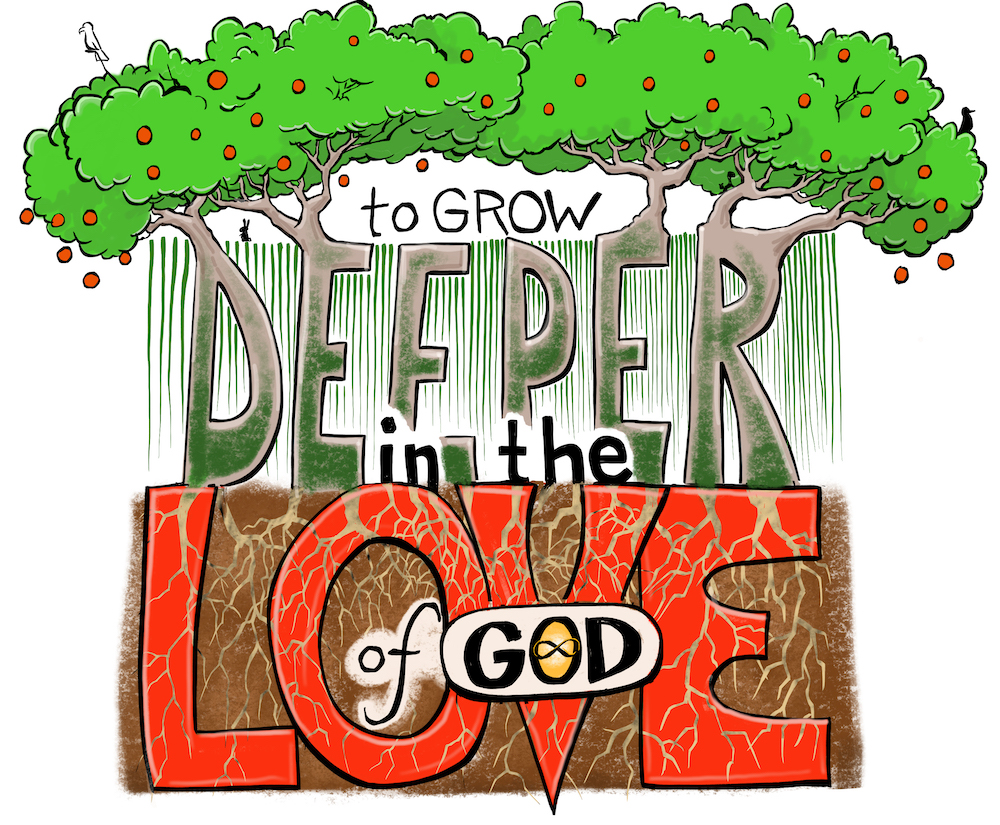
The purpose of spiritual formation is to grow deeper in the love of God. God’s love is infinite, therefore we will never arrive. We simply keep growing.
We grow in two directions.
First, we grow deeper roots to be grounded in the love of God.
Second, we grow taller and wider branches to spread the fruit of God’s love wider.
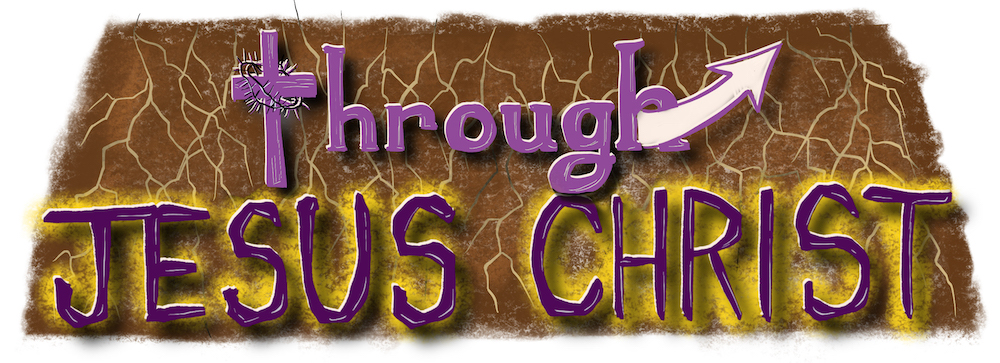
Here’s the key to spiritual formation. It is not our work.
Jesus didn’t say, “produce fruit!” He said, “remain in me.” Dwell in me. Rest in me.
We must always keep in mind the paradoxical tension between the fact that our life in God—our salvation—is a gift from God, through Jesus Christ, not our work (Ephesians 2:8-9) on the one hand. And, it is our job to cultivate the relationship and stay deeply rooted in Christ, and to “work out our salvation” (Philippians 2:12) on the other hand. See Colossians 2:6-7.
Jesus holds us and, through God incarnate, we are rooted in the love of God.

The Apostle Paul tells us that the fruit we are to bear is the fruit of the Spirit. It is love (Galatians 5:22-26).
Jesus promised the disciples that they would receive power (dunamis)–the ability to do the work Jesus calls them to do—when the Holy Spirit comes upon them (Acts 1:8).
The Spirit of God is the animating force of the universe—the fire, the wind, the water—that gives us the ability to grow deeper in the love of God. The Spirit flows through us to produce the fruit of love in the world (Romans 8:1-17).

Spiritual formation is not a self-centered endeavor. It is not about navel-gazing and getting in touch with our self as the end result (this is what feeds the false self).
Spiritual formation is the process of growing up into maturity in Christ, in the power of the Holy Spirit, so that we can see our true self how God sees us, for who we are created to be. When we “find our true self” then we can get over our false self. The Apostle said that we are crucified with Christ (Galatians 2:20) so that we can be a positive contributing part of the amazingly diverse and interdependent world that God is continually unfolding.
Here is another image that illustrates this dynamic relationship with God. Imagine that your heart is a clay pot. As the love of God fills your heart—mind, spirit, and body—it will overflow into the lives of the creatures around you. First it flows into your intimate and comfortable neighbors where you can form life-giving relationships. Then, God’s love gushes out and allows you to love your uncomfortable neighbors and seek justice, healing, and reconciliation for the world and the environment.
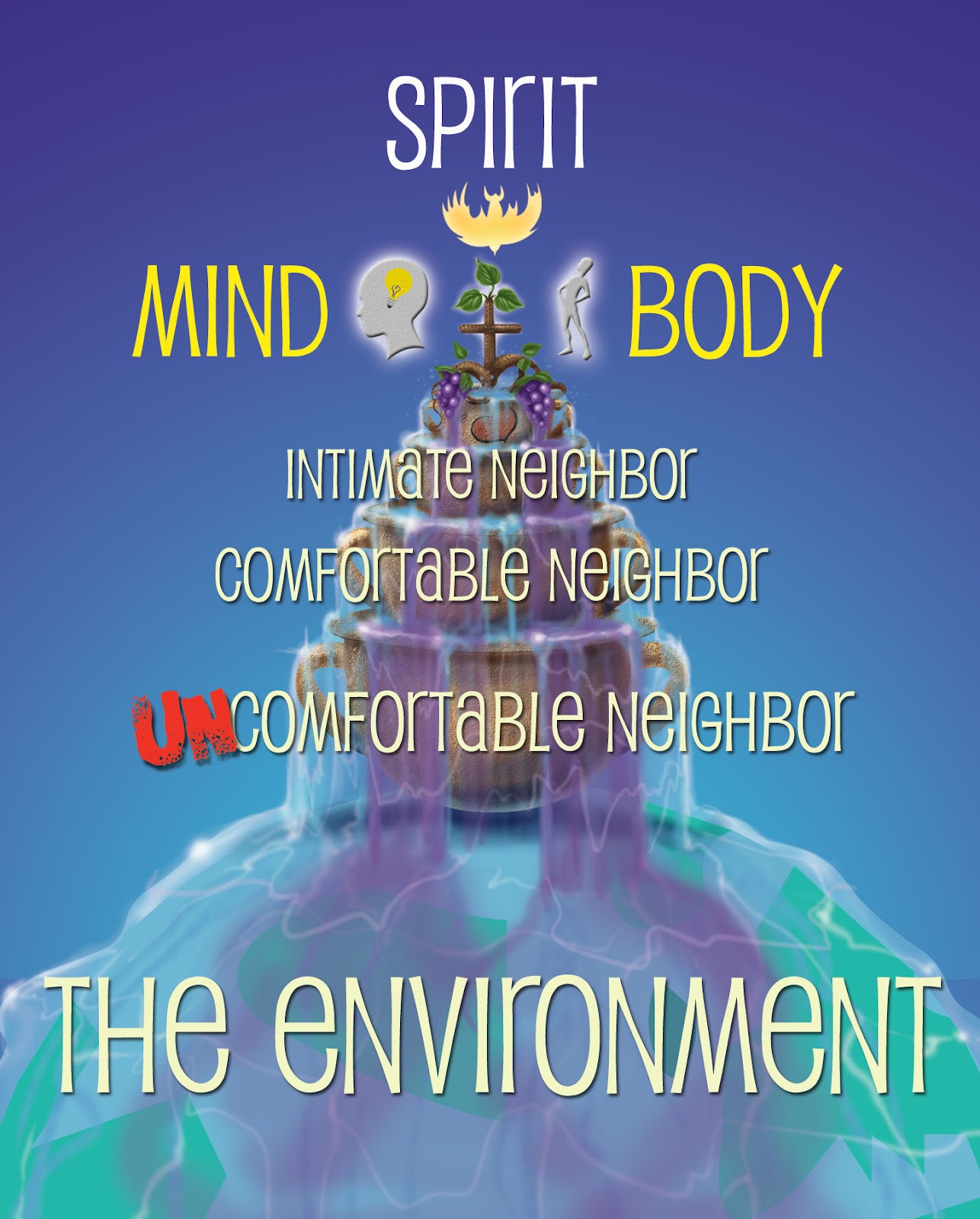
Our salvation and our relationship with God is a gift from God and not based on our own works or merit. Period.
AND, the quality of our relationship and our ability to fully live into God’s calling does not come easily. It requires practice.
So, spiritual formation is the ongoing process of learning and growing in the practices that cultivate a dynamic relationship with God, through Jesus Christ, in the power of the Holy Spirit, for the sake of the world.
The Overflow Principle Course at Faith+Lead Academy is designed to introduce you to these practices and help you create a realistic plan to grow deeper in God’s love.



